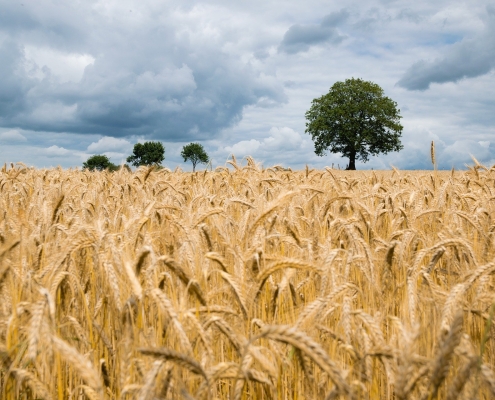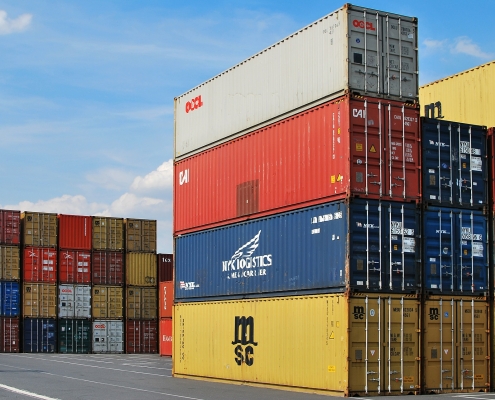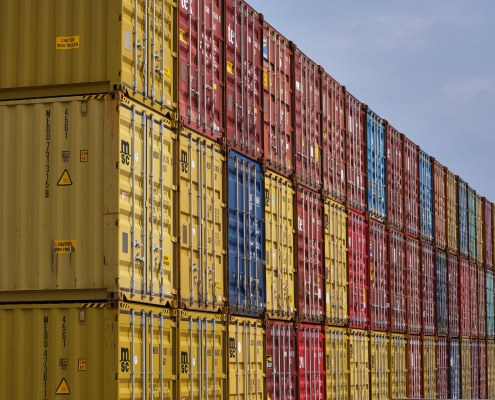In December 1981, the leaders of the Customs and Economic Union of Central African States (UDEAC) agreed to form a wider economic community of Central African States. The Economic Community of Central African States was established on October 1983 by members of UDEAC, Sao Tome and Principe and members of the Economic Community of the Great Lakes Countries, Zaire[1], Burundi and Rwanda[2]. ECCAS was however inactive for several years due to financial constraints, conflicts in the Great Lakes area as well as the war in Democratic Republic of Congo where member States (Rwanda and Angola) were fighting on different sides. Nevertheless, in October 1999, ECCAS was formally designated into the African Economic Community as one of the eight pillars of the African Union.
ECCAS aims at promoting and strengthening a harmonious cooperation in order to realize a balanced and self-sustained economic development, particularly in the fields of industry, transport and communications, energy, agriculture, natural resources, trade, customs, monetary and financial matters, human resources, tourism, education, culture, science and technology and the movement of persons with a view to achieving collective self-reliance, raising the standards of living, maintaining economic stability and fostering peaceful relations between the member States and contributing to the development of the African continent.
[1] Zaire was renamed the Democratic Republic of the Congo in May 1997.
[2] Rwanda pulled out of ECCAS in 2008 to concentrate on its membership to the East African Community (EAC) and COMESA. Rwanda officially confirmed its return to ECCAS on 18 August 2016.
The member States of ECCAS are: Angola, Burundi, Cameroon, Central African Republic, Chad, Congo, Democratic Republic of the Congo, Equatorial Guinea, Gabon, Rwanda and Sao Tome and Principe.
The objectives of ECCAS for the purpose of achieving these aims are :
-
The elimination of customs duties and any other charges having an equivalent effect on imports and exports between member States;
- The abolition of quantitative restrictions and other trade barriers;
- The establishment and maintenance of an external common customs tariff;
- The establishment of a trade policy vis-à-vis third States;
-
The progressive removal of barriers to the free movement of persons, goods, services and capital and to the right of establishment;
-
The harmonization of national policies in order to promote Community activities, particularly in industry, transport and communications, energy, agriculture, natural resources, trade, currency and finance, human resources, tourism, education, culture, science and technology;
- The establishment of a Cooperation and Development Fund;
-
The rapid development of States which are landlocked, semi-landlocked, island or part-island and/or belong to the category of the least advanced countries; i)Any other joint activities which can be undertaken by member States for achieving Community aims

|
Selected regional indicators for ECCAS (2014) |
|
| GDP | US$ 257.8 billion |
| GDP per capita | US$ 1631.4 |
| Area (sq. km) | 6.5 million sq.km |
| Total population | 158.3 million |
| Total imports | US$ 63.7 billion |
| Total exports | US$ 108.1 billion |
Source: United Nations Conference on Trade and Development, statistical database[1]
The organizational structure of ECCAS consists of the following institutions:
• The Conference of Heads of State and Government, which is the supreme body of ECCAS;
• The Council of Ministers;
• The Court of Justice;
• The General Secretariat which is the executive organ of the Community;
• The Advisory Commission;
• Specialized Technical Committees.
ECCAS Pillars for Integration
Page Source: www.uneca.org Accessed: April 2020
For More Information
The headquarters of ECCAS
Haut de Guégué
BP : 2112
Libreville, Gabon
Tel : + (241) 01 44 47 31
Fax : + (241) 01 44 47 32
E-mail : contact@ceeac-eccas.org
Resources


 Image by
Image by  Image by
Image by  Image by
Image by